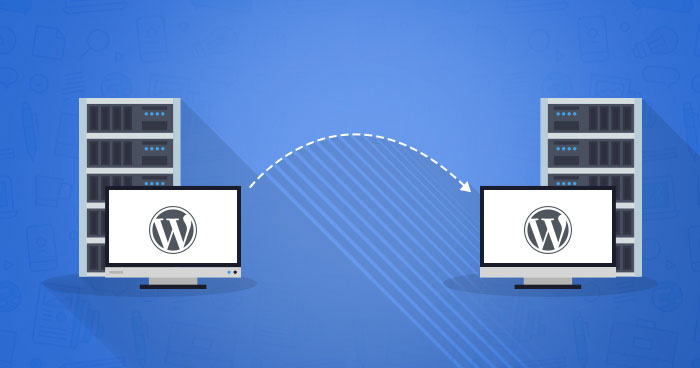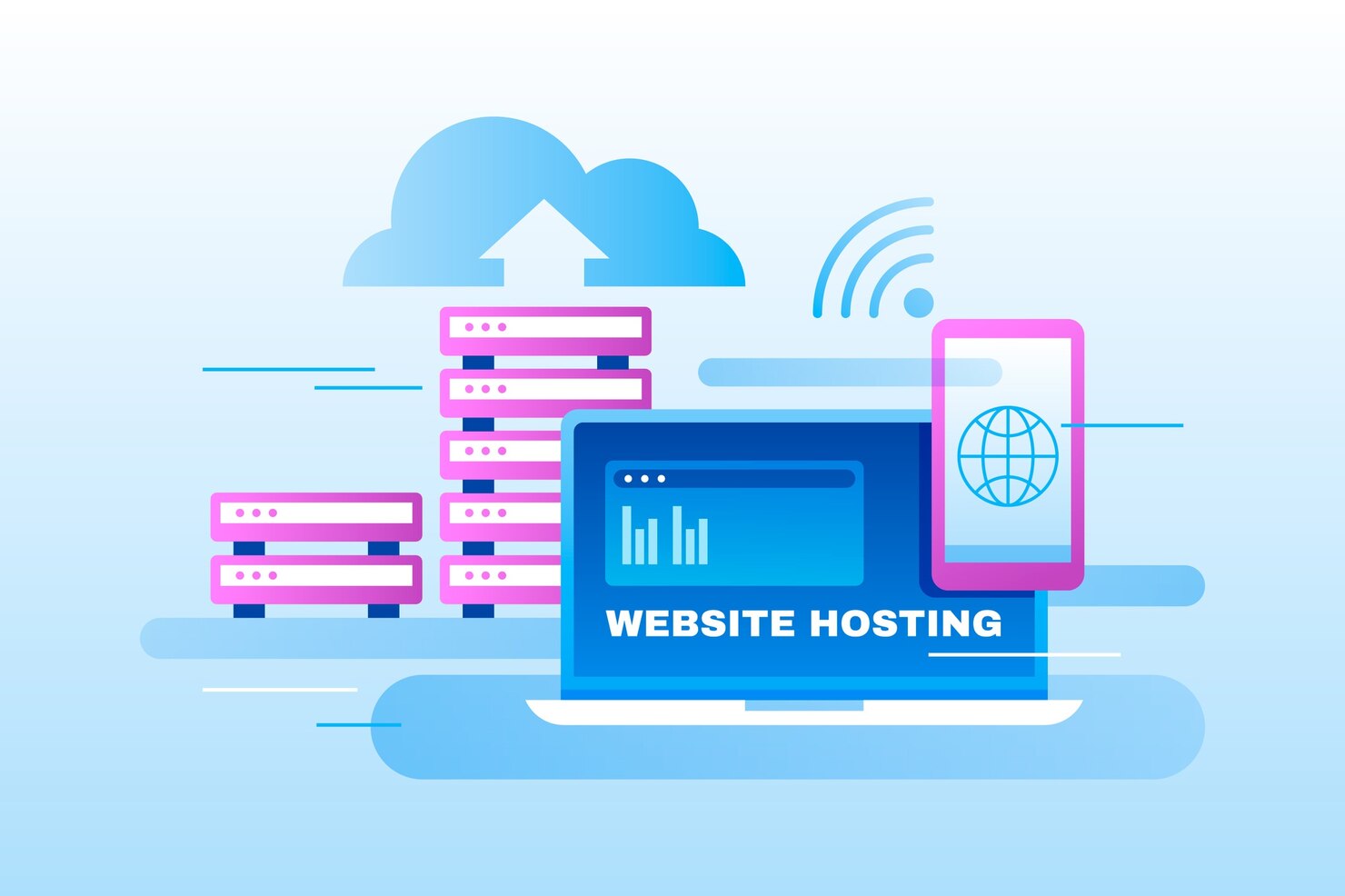Choosing the right web hosting for your e-commerce site is crucial for its success. E-commerce websites have unique requirements, such as high availability, security, and performance, to ensure a seamless shopping experience for customers. Here’s a guide to help you select the best hosting solution for your e-commerce venture.
Contents
Key Considerations for E-commerce Hosting
Performance and Speed
E-commerce sites must load quickly to keep potential customers engaged. Choose a hosting provider that offers fast server performance and low-latency connections.
Scalability
Your hosting solution should be able to handle traffic spikes during sales events and holiday seasons. Look for scalable options that allow you to increase resources as needed.
Security
Security is paramount for e-commerce sites. Ensure your hosting provider offers robust security features, including SSL certificates, firewalls, DDoS protection, and regular security updates.
Uptime and Reliability
Downtime can cost your e-commerce business revenue and customer trust. Look for hosting providers with high uptime guarantees (99.9% or better).
Payment Processing Support
Ensure your hosting solution is compatible with your chosen payment gateway and e-commerce platform. This is essential for processing transactions securely.
Content Delivery Network (CDN)
A CDN improves page load times by distributing website content to servers located closer to the user. Many hosting providers offer CDN integration.
Related: Content Delivery Network (CDN) And Hosting
E-commerce Platform Compatibility
Your hosting should support the e-commerce platform you intend to use, whether it’s WooCommerce, Shopify, Magento, or another solution.
Types of Hosting for E-commerce
Shared hosting is the most budget-friendly option but may not provide the performance and resources required for an e-commerce site with high traffic. It’s suitable for small stores or startups with limited budgets.
VPS (Virtual Private Server) Hosting
VPS hosting offers a dedicated portion of a server, providing more resources and control. It’s a good choice for medium-sized e-commerce websites.
Dedicated Hosting
Dedicated hosting provides an entire server for your e-commerce site. This is ideal for large e-commerce businesses with high traffic and resource demands.
Cloud Hosting
Cloud hosting is scalable, cost-effective, and offers high availability. It’s a popular choice for e-commerce sites as it can handle traffic spikes efficiently.
Managed WordPress Hosting:
If you’re using WordPress for your e-commerce site, managed WordPress hosting can be a great choice. It’s optimized for WordPress and offers enhanced security and support.
Read here: Shared vs. VPS vs. Dedicated Hosting: Choosing the Right Web Hosting for Your Needs
Additional E-commerce Hosting Tips
- Regular Backups: Implement automated and regular backups to protect your product listings, customer data, and site content.
- Customer Support: Opt for a hosting provider with responsive customer support, as issues need to be addressed quickly to prevent sales interruptions.
- Security Updates: Stay updated with security patches for your e-commerce platform and plugins to prevent vulnerabilities.
- Scalable Hosting: Choose a hosting solution that allows you to scale resources as your business grows.
Conclusion
In conclusion, selecting the right hosting solution for your e-commerce site is critical. It directly impacts your website’s performance, security, and overall success. Prioritize factors like performance, scalability, security, and reliability to ensure your online store provides your customers with a smooth and secure shopping experience.





